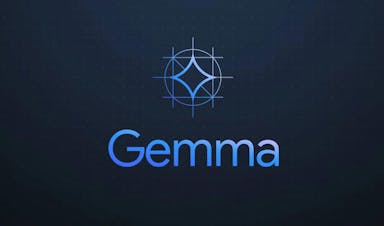Need a New Year’s Resolution? Monetize Yourself.

Money lessons from the founder of Femstreet.
For the first time in history, people are getting rich writing newsletters. The top 12 writers on Substack make over $160,000 a year, with the top earner supposedly making $500,000 a year.
Historically, only celebrities could make significant money from online content — their sizable followings attracted advertising sponsorships. Today, niche, high-quality content is enabling anyone to monetize themselves in non ad-supported ways.
The software needed to handle all of this – from sending newsletters to taking payments for events — is still a work in progress. This includes platforms like Substack and Revue for newsletter writers, Patreon for creatives and Anchor for podcasters.
We're still in early stages of the passion economy. People are no longer monetizing goods, services and people; they're monetizing interactions. What’s more, they are doing so without ads. This evolution is extending into a wide range of knowledge areas, and any platform with functionality that lets people like, comment, or share work could lead to new career opportunities. In fact, the passion economy is opening doors for new forms of work entirely.
When I founded Femstreet, a platform for women in tech and VC, in 2017, I started by sending out the newsletter via Mailchimp and it became really expensive over time. Occasionally, I would have a sponsored post if I really believed in the sponsor's product, service or paid job opportunity. If you have a niche audience, you quickly realize that the quality of the audience counts for more than quantity.
It is still hard to generate even a meaningful supplementary income with ads. There are many creators out there who might have huge followings, but lack ways to monetize in a value-aligned way without using ads. After all, you don't want your readers to become the product. This is why the quality of the content and community is so important.
Social media has already enabled the development of exclusive communities, or virtual places where interactions are high but numbers are either self-regulating or regulated by online community organizers. Jenny Gyllander, the founder of Thingtesting, uses Instagram’s Close Friends feature (which enables users to share content with fewer people) to monetize her business. She charges a lifetime fee of $100 to followers who want exclusive content and are prepared to go on a waitlist to get there. Then there’s the likes of Mighty Networks, an end-to-end platform for managing communities around online courses – from building a brand to the sales funnel to payments.
I now monetize Femstreet through Substack, which combines newsletter, membership management, a website, community features for members, and payment tools. Femstreet’s reach is 15,000, but our Slack community, which people pay $100 a year to access, is a highly-receptive, communicative community of just 1,000 people. I also monetize via some jobs posts, especially for roles at venture firms.
When you pay creators with money instead of clicks, you can expect higher quality content and, in Femstreet’s case, additional community benefits. The main newsletter is still and will always be free, but all things community, as well as curated resources and connections to experts, are part of a paid tier.
And of course we’re not the only ones who care about curated, high-quality content, as well as a continuous and consistent exchange of value. SaaStock, the global SaaS conference and community, started as a podcast. The Anfield Wrap, a Liverpool-based podcast company that only covers the life and times of Liverpudlian football, has 80,000 listeners who tune in free of charge. But it also has 10,000 listeners who pay £5 a month for extra live audio content.
So what does the advent of the passion economy tell us about the future?
For one, it means anyone can build a community around knowledge and shared interests. We also know that people are willing to pay to access those communities. Any platform with functionality to like, comment, or share one's work – i.e. encourage interaction – will lead to new career opportunities. As more of us monetize ourselves, we will see a shift from “corporations as people” to “people as corporations."
The very fabric upon which we build and understand institutions and the creation of businesses will change. Individuals will not be cogs in systems, but will instead be able to initiate the creation of systems (made up of cooperating individuals, rather than state-created structures), and generate value reserved, to date, for businesses (i.e. those state-created structures).
We'll also see a continued widening of the areas and markets in which this is happening. Education is a fascinating one. We’ve already have virtual teaching platforms like Outschool and Juni Learning, as well as Skillshare and Udemy for online video courses.
For individuals building these communities, a key element is ensuring that monetization is not contingent on you being active within that community 24/7. If it is, scaling will be an issue. In other words, build a community that you can monetize, but to which you are not integral. For Femstreet, I am yet to find software that combines newsletter content, messaging and monetization.
As a VC, I’m interested in seeing the development of business-focused versions of tools like Discord (which is for gamers), something like Slack but with the security features of Tandem, or something similar to Substack but with extended community functionalities, like messaging and video.
This is just the start of a world where people monetize themselves and, by cooperating and interacting virtually with others, can increase the extent to which they do so. Bring on the twenties!
Comments (5)
Harold Hulbert
chris lee
ali mirza
Growth Marketer & Digital Entrepreneur
Henry Fieldse
Binsky Drew
i love ovo game
More stories
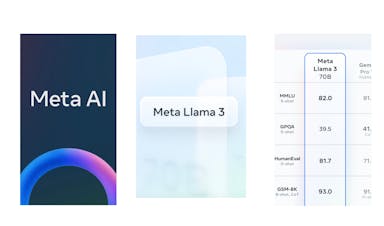
Kyle Corbitt · How To · 3 min read
What we've learned in 3 days of Llama 3
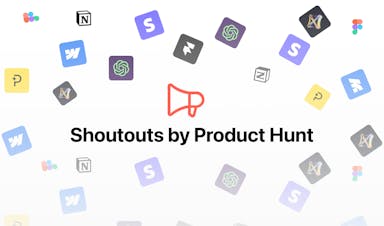
Aaron O'Leary · Announcements · 2 min read
Introducing Shoutouts
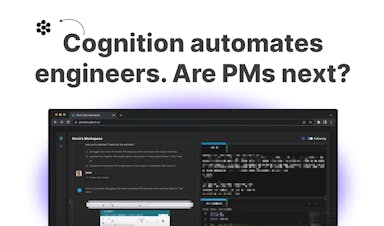
Finn Lobsien · Opinions · 5 min read
Can Devin AI Replace Product Managers?
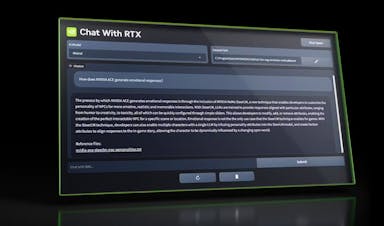
Aaron O'Leary · News · 2 min read
Meet Nvidia's new localized AI chatbot
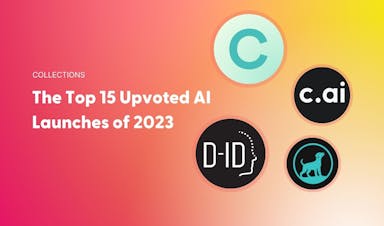
Sarah Wright · News · 2 min read
The top 15 AI products from 2023

